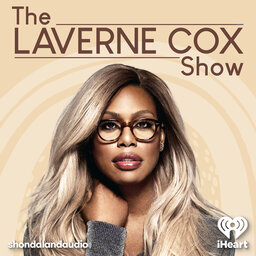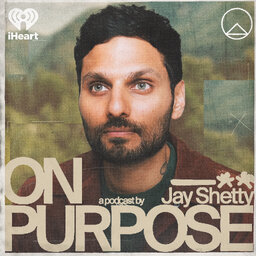Opera Diva Worship w/ Ira Siff
In this episode, Laverne introduces us to her opera singing teacher of 25 years, the celebrated opera lecturer, Metropolitan Opera Broadcast co-host and retired diva, Ira Siff. Ira is the creator of La Gran Scena, the all-male cross-dressed opera troupe that performed internationally for over 20 years to much critical acclaim with a cult-like following. Ira was the prima donna of La Gran Scena as his diva alter ego, Madame Vera Galupe-Borszkh. Vera was an amalgamation of the most famous opera stars of the 20th century. As Vera, Ira toed the line between spoof and adoring tribute with a thoughtfulness that earned La Gran Scena the praise and patronage of the very same opera stars Scena lovingly spoofed. Known for his lectures and the approachable manner in which he talks about opera, Ira breaks down opera history while telling stories of growing up as an “opera queen” in New York, and the insane fandom of diva worship. //
Glossary of Opera Terminology:
Aria: A self-contained piece for a singer, or “solo.” In opera, arias mostly appear during a pause in dramatic action when a character is reflecting on their emotions. //
Bel Canto: An Italian vocal technique or “school” developed and popularized in the 18th and 19th centuries. It places emphasis on beauty of sound and brilliance of performance rather than dramatic expression and romantic emotion. //
Coloratura: Elaborate ornamentation of a vocal melody, especially in operatic singing by a soprano. //
Falsetto: A method of singing used by male singers, especially tenors, to sing notes higher than their normal range. //
Forte: A musical direction that means “loud.” //
Legato: (adj.) Smooth and flowing in manner, without breaks between notes. //
Libretto: The text of an opera (or other vocal work). //
Lucia: Short for “Lucia di Lammermoor,” a famous opera work by Gaetano Donezetti. //
Ornaments (ornamentation): Musical flourishes or embellishments (such as a trill or a slide) that are not essential to carry the overall line of the melody, but serve instead to decorate or “ornament” that line. //
Pianissimo: A soft performance, played or sung quietly. //
The Met: The Metropolitan Opera House in New York. //
Tosca: A famous opera by Luigi Illica and Giuseppe Giacosa. //
Traviata: Short for “La Traviata,” a famous opera by Giuseppe Verde. La Traviata also goes by the name “Camille” in English, which was the title of the book that inspired it. //
Verismo: An operatic genre that attempts to portray the world with greater realism. It came about in the 19th century and often focuses on subject matter that was not previously fit for opera, such as the life of the poor. //
Wagner/Wagnerian: Richard Wagner was one of the most famous Opera composers of all time. He lived during the 19th century. Notable operas include: Tristan und Isolde, Die Walküre, Lohengrin. //
Famous Opera Divas //
Joan Sutherland, active from 1947 - 1990. //
Maria Callas, active from 1945 - 1965. //
Renata Scotto, active from 1952 - 2002. //
Leontyne Price, active from 1952 - 1997. //
Leonie Rysanek, active from 1959 - 1996. //
Montserrat Caballé, active from 1956 - 2018. //
Please rate, review, subscribe and share The Laverne Cox Show with everyone you know. You can find Laverne on Instagram and Twitter @LaverneCox and on Facebook at @LaverneCoxForReal. //
As always, stay in the love.
Learn more about your ad-choices at https://www.iheartpodcastnetwork.com
 The Laverne Cox Show
The Laverne Cox Show


